Grazing
-
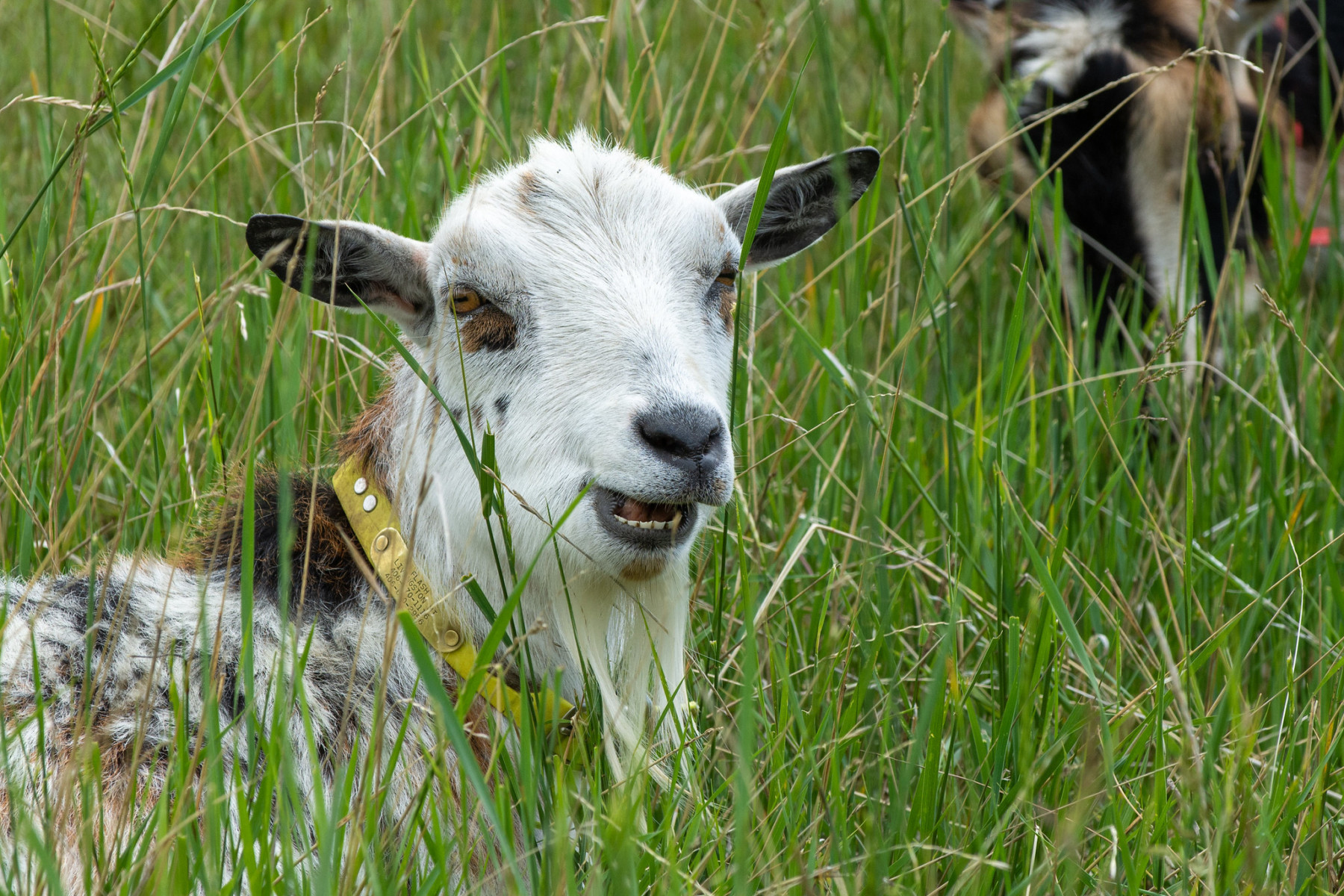
With feed being the highest cost in livestock production, farmers use pasture as a natural way to meet the nutritional needs of their animals. Animals allow agriculturalists to utilize land that may be unsuitable for traditional cropping in a way that benefits the property itself. Cattle, sheep, horses, or goats can use grass to produce…
Posted in: Uncategorized -
As the spring temperatures increase, so do the questions I receive from land/livestock owners about establishing a summer forage. Forage systems are essential for the livestock industry, and the selection of the right grass species is crucial for optimal animal performance. The two primary summer perennial grasses recommended by UGA Extension in the Coastal Plain…
-
Using oats as grazing and/ or baleage can sometimes be challenging however; in most years, oats can one of the healthiest and best options for our livestock. Some (most) years, UGA Extension gets calls concerning oats that are discolored, not growing great, or sometimes even dying. Unfortunately, there isn’t always a great answer for why.…
-
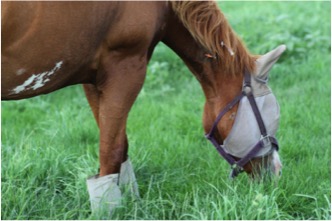
As a horse owner & County Extension Agent, I hope that you will find value in my mixture of “by the book recommendations” and personal experience. One thing I would like to encourage horse owners and trainers to do is engage with their local Extension Agent. Pasture management, it seems, has a different meaning for…
-
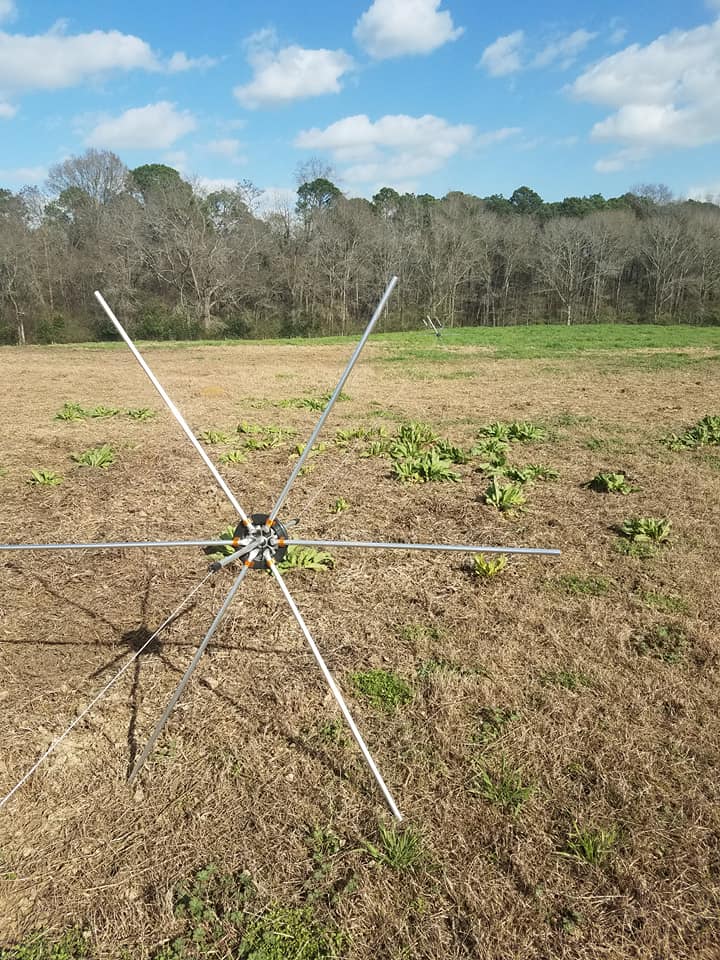
The fact that rotational grazing systems are a more efficient use of forages than continuous grazing should not be a novel idea. Years of research have proven that giving forages ample time to rest and recuperate between grazing times, produces more, higher quality yield. Installing a rotational grazing system is not quite as easy as…
-
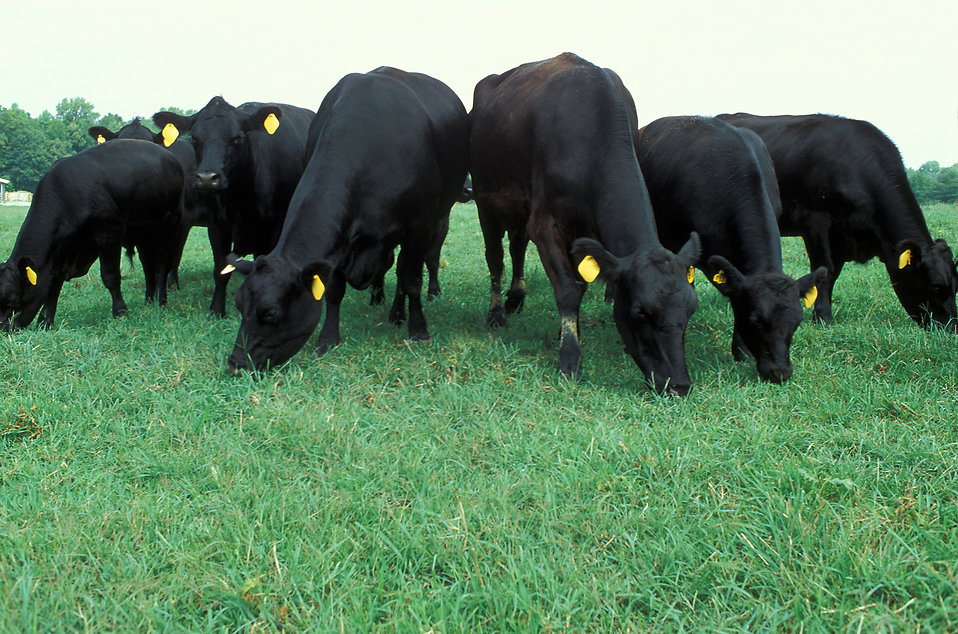
Are you looking to improve your grazing management system? The first step is to develop a grazing management plan! To better manage your grazing, you have to have goals. Our ultimate goals are to improve our efficiency, reduce pasture waste, conserve surplus forage, improve animal performance, and improve forage quality at its time of use.…
-

While bermudagrass and bahiagrass are great warm season perennials, warm season annual grasses work well in a forage system to offer high quality forage throughout the summer months. There are several warm season annuals on the market with sorghum x sudangrass and pearl millet being the most popular. In this article we will discuss grazing…
-

Masks, hand washing, social distancing, vaccines, quarantine; words that are excessively familiar this day and time. What do you think of when you hear these words? My first thought is health. You have now began checking your website because you supposedly pulled up UGA Extension’s Forage Team Newsletter, but don’t worry, you are in the…
-
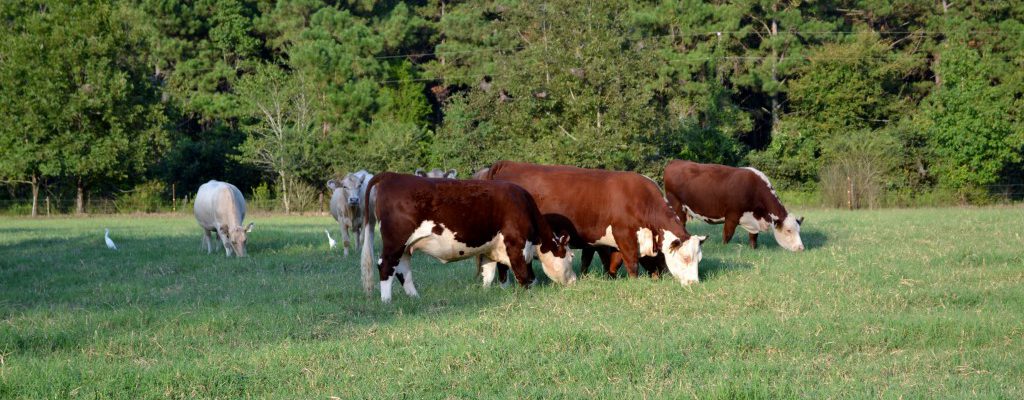
It seems like every summer I get calls from hay producers and cattlemen worried that a lack of timely rain or over-fertilization will cause their forage to be high in nitrates. Every winter I get calls from producers with dead cattle or late term abortions, that are worried that the hay they are feeding is…
-

In the Piedmont and northern Georgia, UGA Extension recommends planting tall fescue between September 1 and October 15. So, why discuss planting in March? In areas where tall fescue is adapted, conversion of toxic Kentucky-31 pastures and hayfields to a non-toxic, novel endophyte variety represents one of the most financially beneficial decisions available to livestock…
-
A survey reported online recently by ‘Progressive Cattle’ asked cattlemen what aspect of their management they would most like to improve. By a wide margin, “Grazing” was identified as the item that benefit from an upgrade. Many producers recognize intuitively how influential grazing management can be on the success of a livestock operation. Perhaps unfortunately, no…